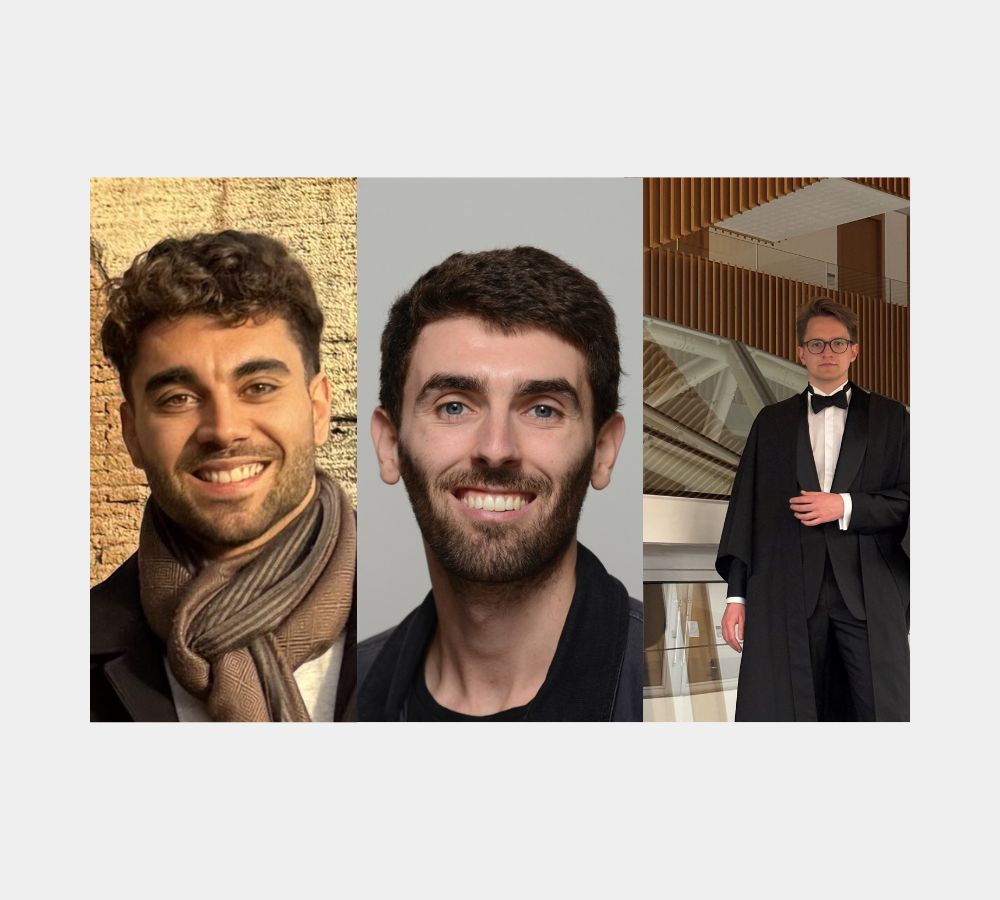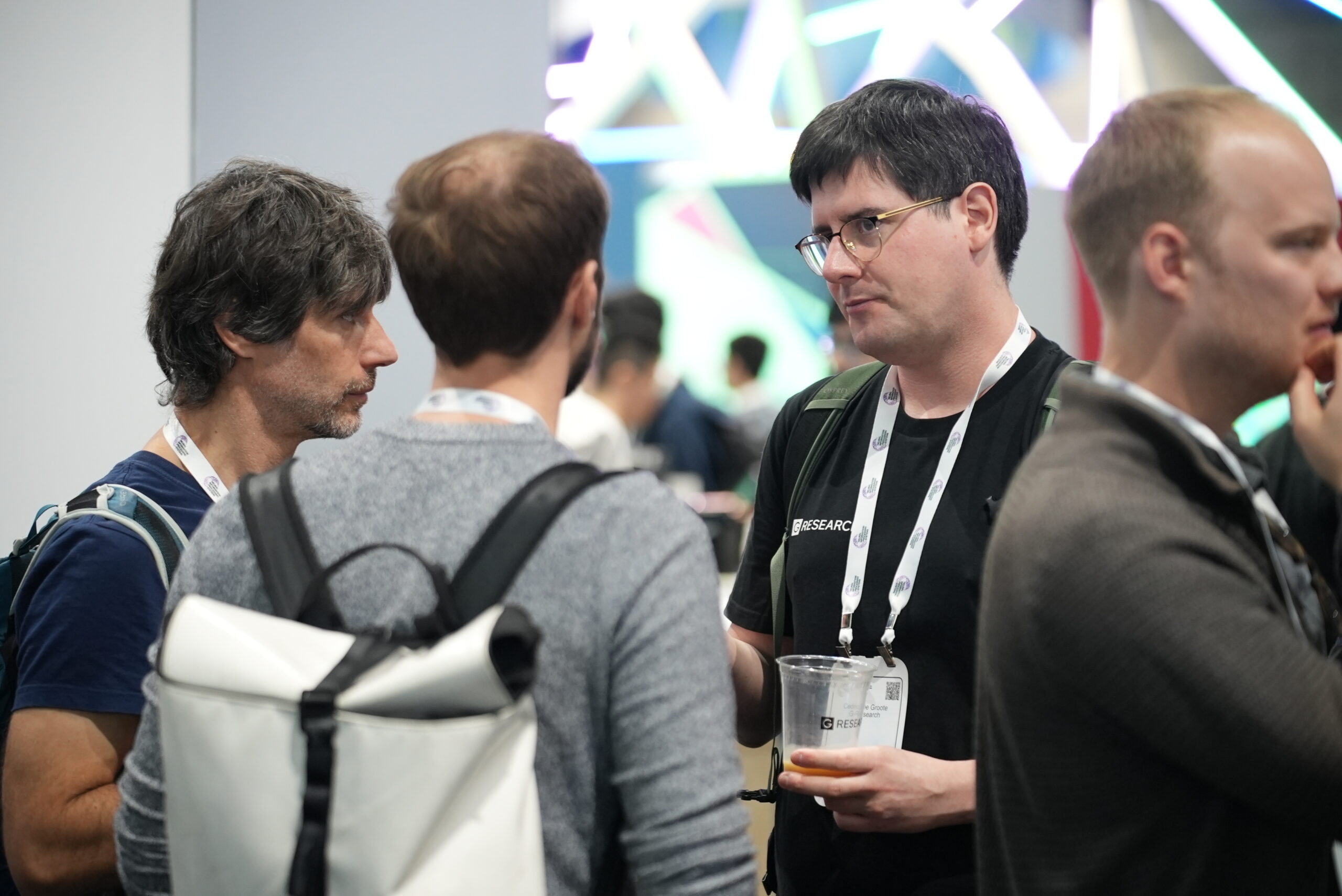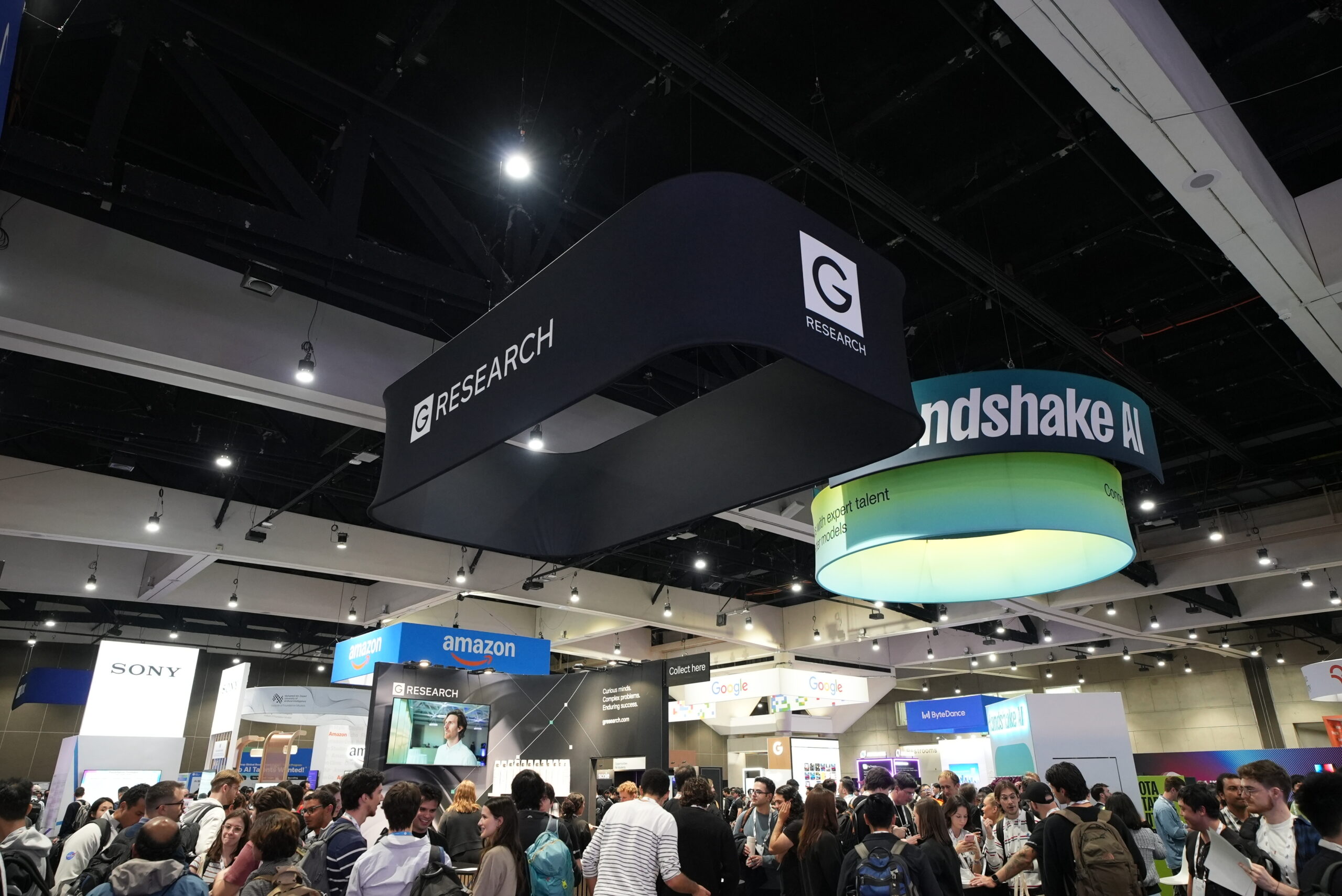Each month, we provide up to £2,000 in grant money to early career researchers in quantitative disciplines.
Our aim is to support and assist PhD students and postdocs conducting research, particularly with costs that may be difficult to get funding for elsewhere, for example, travel for those who are caring for children, or expenses for volunteer work related to research.
Read on to hear from our latest winners, their research and how our grants will aid their work.
September grant winners
Alex Gower (University of Cambridge)
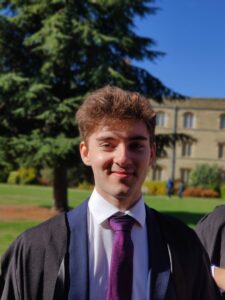
“I am a PhD student in Physics and Machine Learning at the University of Cambridge, working in collaboration with Nokia Bell Labs.
“My research spans from the physics of slow relaxation in energy and loss landscapes, to designing algorithms for neuromorphic processors that learn directly through physical dynamics, and to advancing energy-based models more broadly.
“The G-Research grant will support my attendance at NeurIPS 2025 in San Diego, where I will present “Learning at the Speed of Physics: Equilibrium Propagation on Oscillator Ising Machines” – showing how physical oscillators can accelerate energy-based learning for fast, energy-efficient on-chip training.”
Peter Potaptchik (University of Oxford)
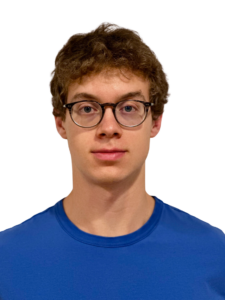
“I’m a PhD student working on generative modelling, especially diffusion/flow-based methods and improved sampling.
“I’m grateful to G-Research for this support, which will help fund a research visit to Harvard University to collaborate on new training and fine-tuning techniques for generative models and neural samplers.”
Jack Mayo (University of Amsterdam)
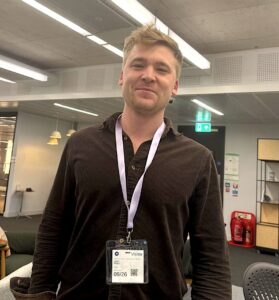
“I’m a PhD student at the University of Amsterdam, working on sequential learning systems which can adapt to environment difficulty, and make reliable decisions over time. To do this effectively, an algorithm must balance exploration with exploitation, and detect and leverage problem structure on-the-fly as data is revealed. At my newly founded start-up, kurtos.ai, I translate these ideas into a real-time pipeline that highlights high-signal, high-quality data and reduces waste in acquisition and processing.
A new set of results forged during a recent collaboration, An Improved Algorithm for Adversarial Linear Contextual Bandits via Reduction, has just been accepted at NeurIPS 2025. It introduces a way to tackle hard online-decision problems where the available option sets are random and outcomes can be adversarial. We’ve managed to show that this problem can be solved efficiently even when the action set is enormous—useful for things like routing, personalised recommendations and scheduling.
The grant from G-Research will support my trip to NeurIPS, allowing me to present our work, gather feedback from individuals and institutions at the cutting edge of AI research, and connect with organisations that create and use large-scale data on a day-to-day basis.”
Valentin Kilian (University of Oxford)
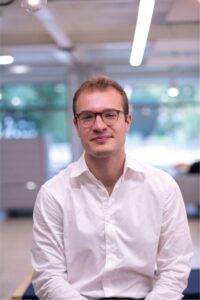
“I am a PhD student in the Department of Statistics of University of Oxford. My research interests lie in Bayesian statistics, particularly statistical network modelling and anytime-valid inference.
“I’m interested in building network models that grasp the complex structure we observe in the real world and in building machine learning models that can continuously make valid decisions when provided with a stream of data.
“The G-Research grant will help me to attend several international conferences this year. It is a valuable opportunity to present my results around the world.”
Congratulations to all of our grant winners.

